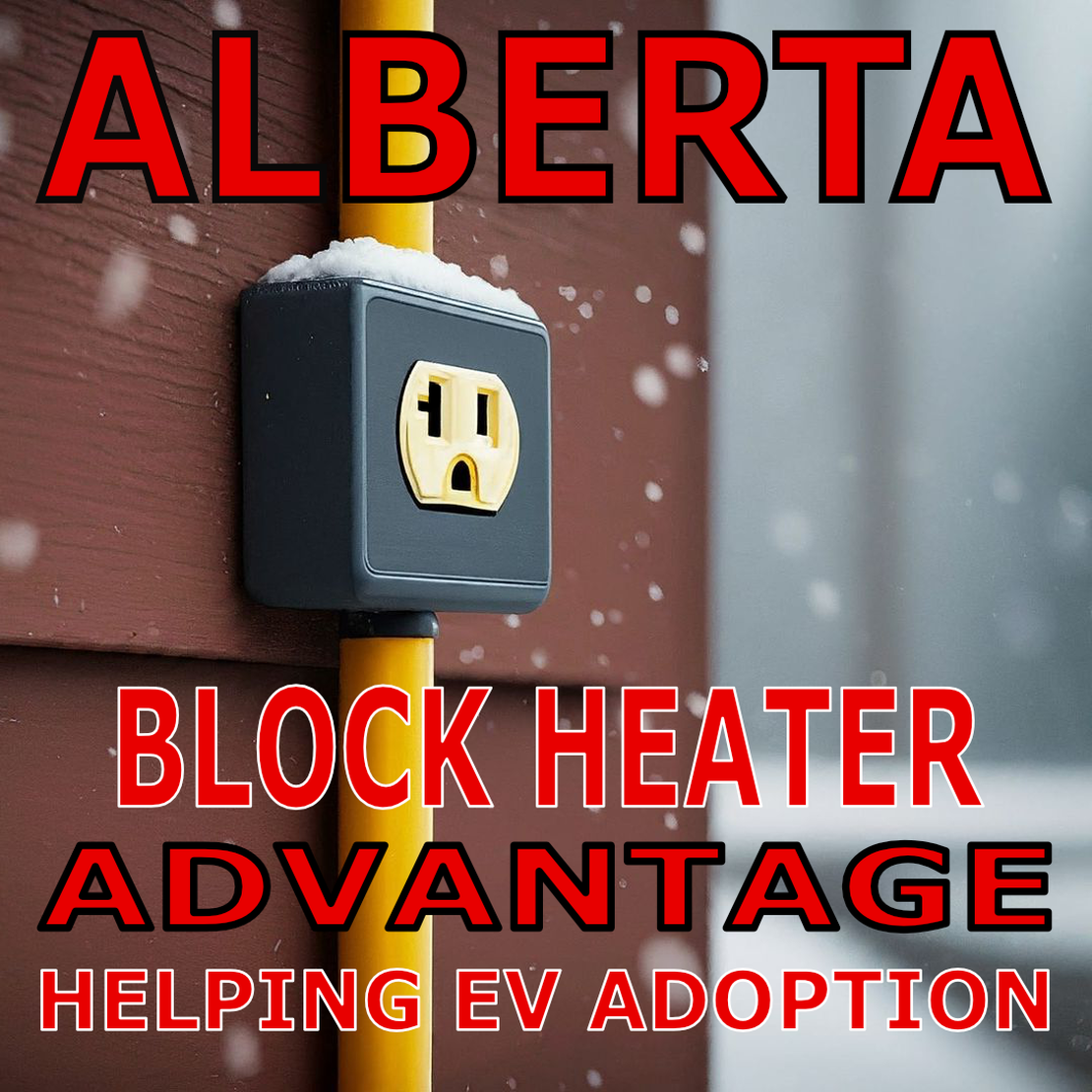
The State of Electric Vehicle Adoption in Pakistan
- Articles, Stories
- EV Adoption , Pakistan , Electric Vehicles , Green Energy
- November 7, 2024
- 3 min read
Our mobile app data analysis recently highlighted a strong interest in electric vehicle (EV) topics among our Pakistani users. In response, we’re exploring the latest developments in Pakistan’s EV landscape to keep our audience informed and engaged. As a Canadian company, we are excited to see the global interest in EVs and the progress being made in countries like Pakistan. Let’s explore the current state of EV adoption in Pakistan, including policy initiatives, infrastructure development, market dynamics, and challenges facing the sector.
Policy Initiatives
Pakistan has set ambitious goals to encourage EV adoption, with a target of 30% penetration by 2030. In support of this, the government is rolling out a comprehensive EV policy, expected in late 2024, which includes:
- A $4 billion investment aimed at boosting the EV market.
- Subsidies for electric two-wheelers to improve accessibility.
- Installation of 340 new charging stations nationwide, making EV ownership more practical.
These policies reflect Pakistan’s commitment to sustainable energy solutions and reducing reliance on fuel imports, aligning with global environmental goals.
Infrastructure Development
Charging infrastructure expansion is critical for EV adoption, and Pakistan has already begun making strides in this area. HUBCO, a leading power company, is spearheading the creation of a nationwide EV charging network, which will address one of the biggest challenges facing EV users by making charging more accessible in urban centers.
Market Dynamics
The Pakistani EV market has also drawn international attention. Chinese EV giant BYD has announced plans to establish a production plant in Karachi through a partnership with Mega Motors. This step will introduce more affordable EV options, helping to diversify the local market and making electric vehicles a viable choice for more Pakistanis.
PakWheels.com is an online market for finding used cars in Pakistan. They have also seen a significant increase in EV listings, indicating growing interest in electric mobility among consumers. This trend suggests that the market is ripe for further expansion and innovation in the EV sector. In this video, they review the GIGI EV at the Pakistan Auto Show 2023.
Challenges to EV Adoption
While progress is underway, several challenges remain:
- Charging Accessibility: The availability of charging stations is still limited in many areas, particularly in residential complexes.
- Cost of Entry: EVs currently carry high upfront costs, which can be prohibitive for many consumers.
- Public Awareness: Public awareness and acceptance of EVs are essential, requiring ongoing education to promote the benefits of electric mobility.
Overcoming these challenges will be essential for Pakistan to achieve its goal of 30% EV penetration by 2030.
How EVnSteven Fits In
EVnSteven offers a solution that could be especially valuable in Pakistan’s apartment-based living situations, where shared resources are common. Our platform allows EV charging to be tracked on standard electrical outlets without needing individual meters for each outlet, provided there is a trust relationship between the outlet owner and the user.
In Pakistan’s urban apartment complexes—often managed by housing societies or apartment associations—this setup allows residents to share outlets for EV charging without extensive infrastructure changes or high costs. EVnSteven’s approach provides an affordable, flexible solution that aligns well with Pakistan’s needs, making EV ownership more accessible within multi-unit housing and supporting the country’s EV adoption goals.
Conclusion
Pakistan’s proactive steps toward EV adoption, combined with high user interest in our app, signal a promising future for EVs in the region. EVnSteven’s cost-effective, trust-based charging solution can help bridge the infrastructure gap for Pakistani EV drivers, enabling greater accessibility in apartments and housing societies across urban centers. By continuing to support these efforts, Pakistan is well on its way to creating a more sustainable, EV-friendly future.

